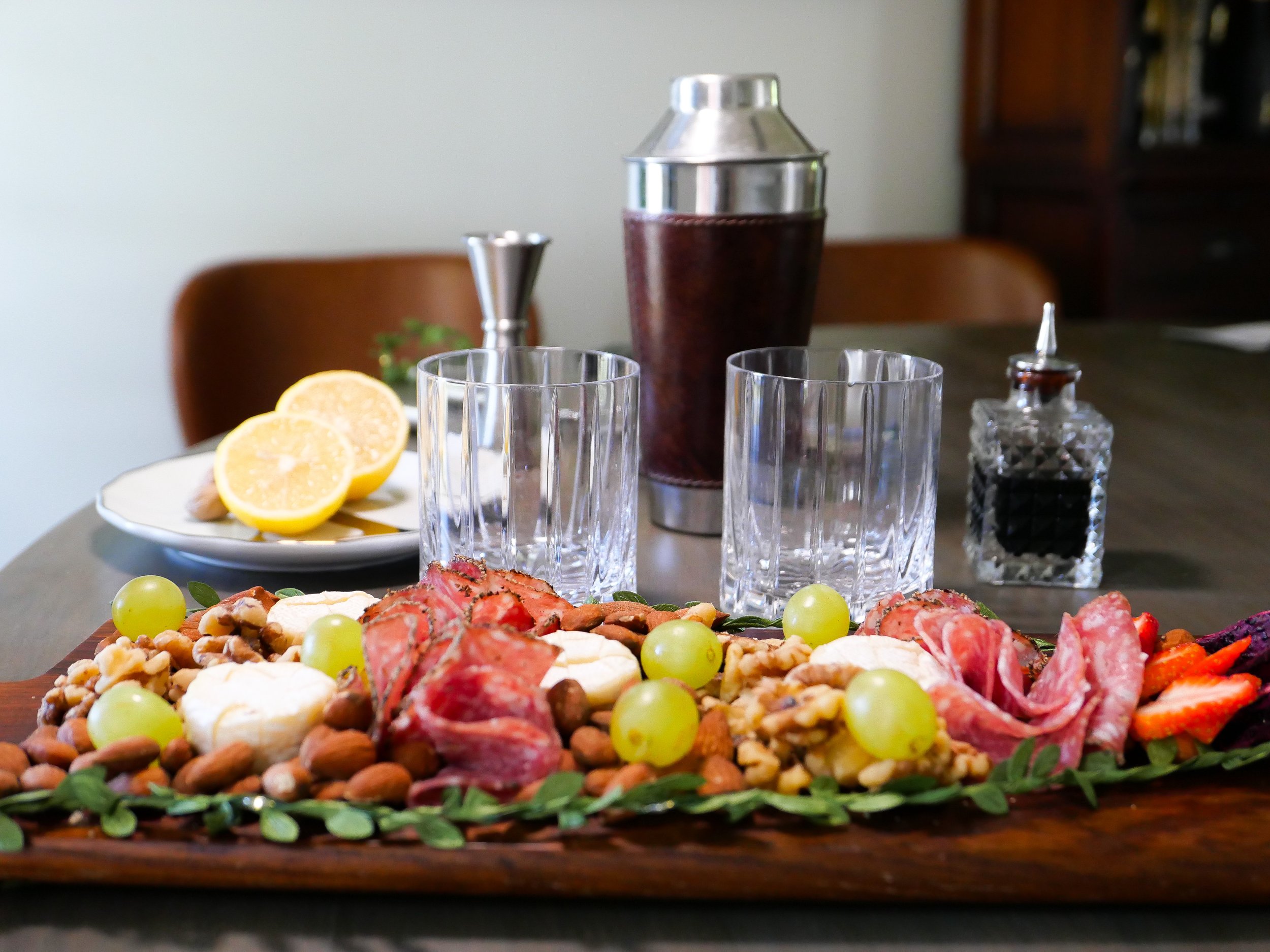Conversing Without Agreeing (and Living to Tell the Tale)
/I grew up hearing that politics and religion were never discussed at the table. Those conversations were a sure path to disagreement, an uncomfortable destination I learned to avoid. As if a conversation required prior agreement between all parties, where the first condition was to be aligned in thought, with no adventurous questioning and, certainly, no controversial topics.
As the years passed, I began to imagine the positions, beliefs, and lifestyles that surrounded me. As if I could step into the mind of the person in front of me and truly understand what they thought. My method was to create assumptions, trying to pigeonhole people into certain categories within seconds. I write this now, and I feel embarrassed to admit it, but I also feel hopeful knowing that I was able to realize it; that’s always the first step toward change.
Later on, I created a life with my family in a new country. Finding my people became my mission. A mysterious process where I began to immerse myself in conversations and experiences, I thought were similar to mine. For the most part, they were, but there was also a huge dose of unclarified assumptions. This polarized world has taught me that assuming something about someone—anything—is one of the most dangerous activities of the human mind.
Today, I see conversations as an opportunity to nurture my intellectual growth. I am genuinely interested in listening, exchanging ideas, theories. Exploring new ways of thinking, whether they are backed by logic or born from the heart; it doesn’t matter, as long as they are real and sincere.
Along this conversational journey, I’ve encountered several types of tables: the polite, silent ones, where the stillness speaks louder than a thousand words; the heated ones, where conversation only happens to prove someone right, which is one of the greatest traps of a genuine exchange of ideas; and the emotionally intelligent ones, where it becomes clear that we won’t reach the desired agreement, but we’ll enjoy the process of analyzing our differences.
Now that the holidays are coming, I wonder what kind of table I’ll find myself at. Whatever it may be, I’m determined to embrace all exchanges with an open heart and, now more than ever, to value those who allow themselves to be vulnerable, those who share their true selves and enjoy their authenticity. That’s where I want to spend most of my time.
Nothing better than pairing these conversations with a delicious holiday drink. Today, I’m sharing one of my favorite recipes, perfect for the season. If you’re hosting, remember to always have enough water, non-alcoholic beverages, and food available for your guests. Remind them to plan ahead for a safe way to get home or if they’ve already identified a responsible driver.
Winter Sour
Ingredients:
• ¾ oz of orgeat (almond syrup)
• 1 oz of lemon juice
• 4 dashes of black walnut bitters
• 1 oz of bourbon
Garnish: Orange wheel and freshly grated nutmeg
Instructions:
1. Add all ingredients to a cocktail shaker.
2. Shake with ice until well chilled.
3. Strain into a chilled cocktail glass. I like to add a cube of ice.
4. Garnish with an orange wheel and freshly grated nutmeg.
This post is sponsored by Responsibility.org. If you’d like more information on how to drink responsibly, visit the new Responsibility.org website for valuable resources. https://www.responsibility.org/hosting-responsibly/













































